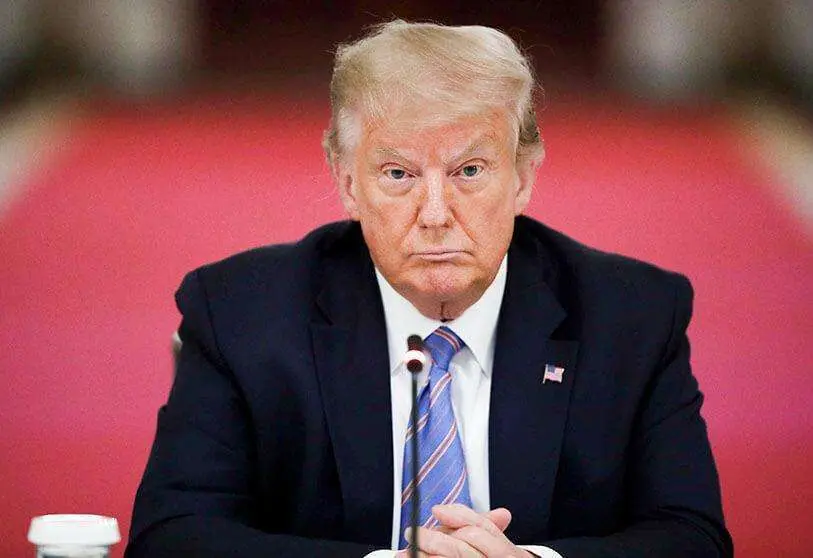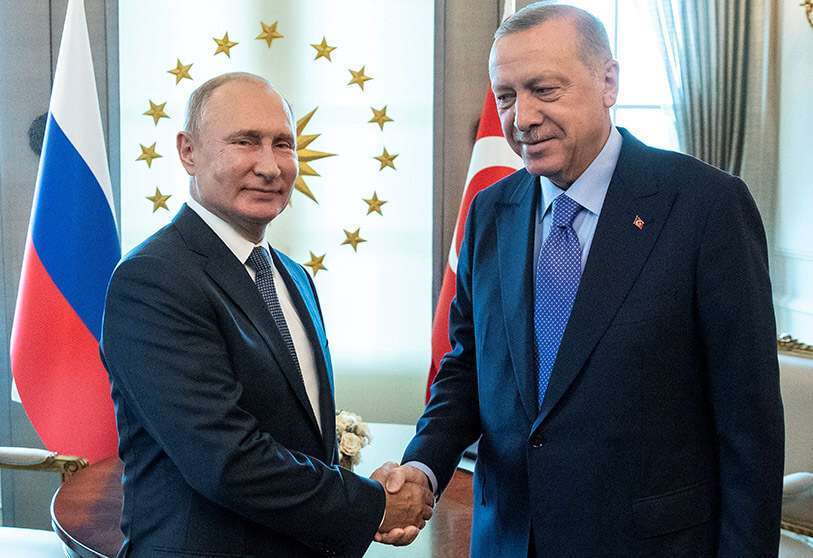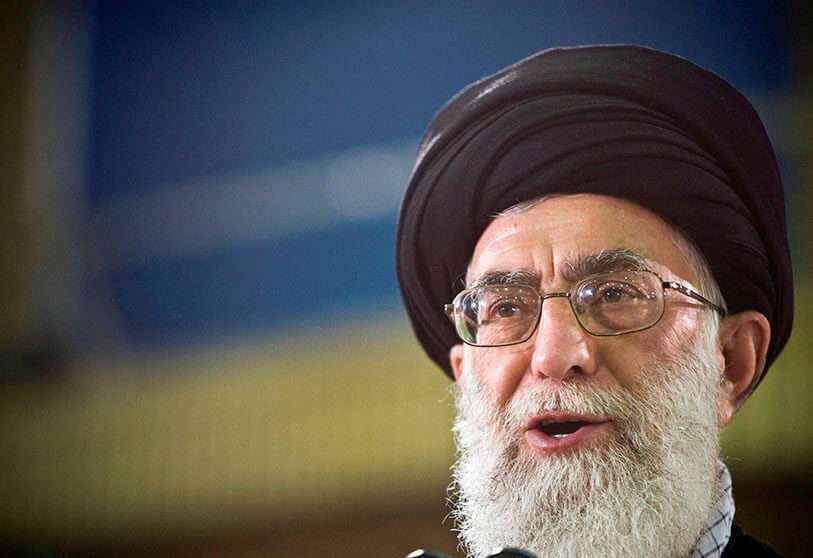Middle East

The situation in the Middle East is very complicated and changing rapidly, as evidenced by the recent agreement on the normalisation of relations between Israel and the United Arab Emirates (UAE), which has been followed by Bahrain and Sudan. In order to understand what is happening there, it is appropriate to consider three variables that are decisive.
The first is the change in US policy towards the region. Traditionally, the United States pursued three well-defined objectives there: securing access to oil, containing the USSR and protecting Israel. Today they are self-sufficient in energy, the USSR does not exist, although Putin is taking to the breast, and Israel is defending itself. Following the attacks of 11 September, the invasion of Iraq stirred up the hornet's nest, sparked off the struggle between Sunni and Shia and gave Iran a clear strategic advantage by eliminating its traditional Iraqi enemy. Then Obama encouraged freedom over stability (speech in Cairo in 2009), opening the way for the Arab Spring and the consequent sweeping away of dictators in countries that subsequently fell into anarchy or into the hands of Islamist factions because they were the only organised forces that existed.
With the arrival of Donald Trump, stability has once again taken precedence over human rights or democracy ("I seek allies, not perfection"), support for strong leaders (Erdogan, Netanyahu, Al-Sisi), and the obsession with fighting the Islamic Republic and its regional pawns. The unilateral abandonment of the nuclear agreement with Iran, the sanctions that are stifling its economy and actions such as the assassination of General Soleimani have further radicalised the regime of the ayatollahs and heightened the risk of conflict. The problem with Trump is the lack of a clear strategy and a positive future. He knows what he does not want, but does not appear to be clear about what he wants, as soon as he announces negotiations with the Taliban and withdrawal of troops as well as sending reinforcements to the Middle East. And it was on this scenario and on the eve of elections in Israel (the third in a year) when Trump decided to present his "Agreement of the Century" for the Arab-Israeli conflict... with very little chance of success because it is very biased on such sensitive issues as sovereignty over Jerusalem, the Golan, the Jordan Valley, or the settlements in the West Bank. On this basis, peace with the Palestinians does not appear possible, although developments in the strategic situation in the Middle East are making them increasingly irrelevant, and the proof is the so-called Abraham Agreement on the normalisation of relations between Israel and the UAE, which is the third country after Egypt and Jordan to have dared to take this step, which has also been followed by Bahrain and Sudan, some of which have been motivated by offers of weapons (F-35) and state-of-the-art security technology, and others by their removal from the list of countries that support terrorism and the promise of credits and economic assistance. Apart from other details, what is really important about these agreements is that they disassociate the relationship between Israel and the Arabs from that between Israel and some Palestinians who have thus lost their right of veto and have therefore considered it "a betrayal". Not to mention the election results that Donald Trump hopes to bring out on November 3 to these agreements before Jewish and Christian evangelical voters who consider Israeli sovereignty over the Promised Land as a biblical mandate.
The second variable is Russia's renewed interest in a region it abandoned when the USSR collapsed. There too Russia is pursuing three objectives: first, prestige (regaining a major role despite having a GDP slightly higher than Italy; military bases in the Mediterranean; ensuring that no agreement in Syria or Libya is reached without its consent. ); then it pursues economic goals (preventing sanctions from suffocating its policy in Ukraine, investments in its energy industry and selling weapons); and finally, Moscow intends to fight Islamist terrorism "on the ground" by attempting to prevent it spreading among its own population (20 percent of Russians are Muslims). And it is achieving everything, such as the survival of Bachar al-Asad's regime in Syria shows, where Russia has sold an S-300 missile system and uses the Tartus and Latakia bases; the good relations with Iran; and the improvement with Turkey following the serious crises of the shooting down of an aircraft (2015) and the assassination of the Russian ambassador (2016), which has been ratified by the sale to Ankara of a sophisticated S-400 surface-to-air missile system worth 2. 500 million (with great irritation from NATO), although now the Libyan and Armenian scenarios pit Putin against Erdogan; he has also secured Qatari investments in the Rosneft oil company; he is negotiating arms sales to Iraq, Iran and Egypt; he is collaborating on the Turkish nuclear power station at Akkuyu and the Turkstream gas pipeline; he is becoming indispensable to solving the crises in Syria, Libya and Nagorno-Karabakh... These are just a few examples of what is a profitable policy for Putin.

The third variable is the effort made by the countries in the area to fill the strategic gap left by the United States by seeking local alliances that shape a new regional geopolitics. The same thing always occurs with the Americans: they are criticised when they intervene and criticised when they withdraw; this is the weight of the purple. Five groups of countries or movements in a constant ebb and flow can be detected: The first is the Gulf monarchies and some secular nationalist regimes that are also Sunni, such as Egypt and Jordan; the second is Iran with its Shia allies of Hezbollah in Lebanon, the Alawites in Syria, the Hutids in Yemen, the Yazydids in Iraq, and the other Shia in the Middle East; The third group is made up of Turkey, Qatar and the Muslim Brotherhood, such as Hamas in Palestine, and other similar groups from Egypt to Tunisia, including Libya; the fourth conglomerate is made up of Sunni-rooted terrorist networks such as Daesh (which survives in the Syrian and Iraqi underground as well as in the Sahel), al-Qaeda and a few smaller ones; and, finally, there is Israel, which is powerful militarily thanks to the military assistance it receives from the US and is embarked with the help of Trump in improving his relations with the Gulf monarchies on the basis of a shared fear of Iran and not insignificant offers of weapons and technology.

In addition to the outbreak of the constitutional crisis in Lebanon, the current situation is dominated by the four wars in Syria, Libya, Yemen and Nagorno-Karabakh, which are not abating, and by the recent tension between Turkey, on the one hand, and Greece, Cyprus, Egypt and Israel, on the other, over the pockets of gas discovered in the eastern Mediterranean and in which ENI (Italy) and TOTAL (France) are involved, thereby increasing the number of countries concerned.
For all these reasons it is imperative that Europe, embroiled in its own problems, should pay more attention to its southern flank, from which comes oil and gas, but also instability, terrorism and refugees.
Jorge Dezcallar Ambassador of Spain.

